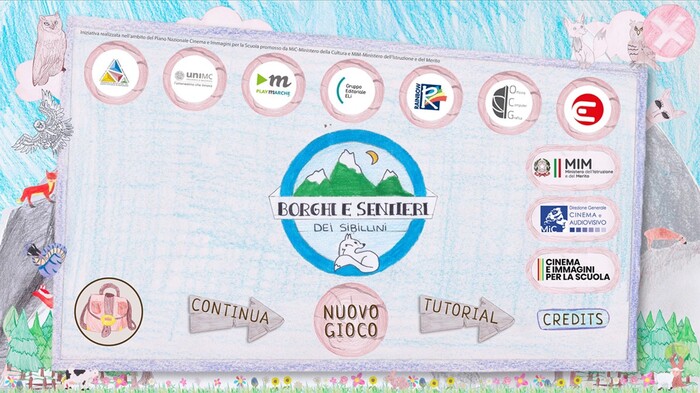Icon: enlarge
Photo: imago images / Westend61
Not even half of the teachers in Germany are satisfied with the equipment in their schools.
Only 46 percent attest that their own school has good technical and spatial facilities.
This emerges from the representative, as yet unpublished survey “Learning Moves”, which SPIEGEL has received.
The Bielefeld Institute Mentefactum surveyed 1,255 parents, more than 300 teachers and over 300 daycare professionals.
The clients were the children's fashion and toy company Jako-o and the school and daycare outfitter Wehrfritz.
Then 53 percent of the teachers said that computer and internet skills were neglected in their schools - and that was already the case before the corona pandemic.
The teachers' assessment is significantly more pessimistic than that of the parents surveyed: 71 percent of the fathers and mothers found the technical and spatial equipment to be good - on the other hand, 63 percent of the parents complained that economic thinking and acting played too little role in the classroom.
51 percent feel that nutrition and health are not covered enough.
Satisfied with the qualification
The vast majority of parents are satisfied with the professional qualifications of the teachers, but the didactic level of the lessons is widely criticized: While 87 percent of fathers and mothers certify that the teachers have technical competence, only a little more than half say that the teachers coordinate well with each other, use new teaching methods and are able to deal well with the different requirements of the children.
The parents' assessment of the competence of the daycare professionals is similar: While technical ability and commitment are rated as very high, there is widespread criticism of the agreements between one another and of dealing with different language requirements.
The self-assessment of the day-care center employees, on the other hand, is significantly more positive: almost without exception, they consider themselves well suited to arouse children's interest (100 percent) and to work with a high level of professional competence (98 percent).
After all, 96 percent attest to themselves having good agreements with one another - and 79 percent say they can handle the children's different language requirements well.
Germany is lagging behind
Multilingualism and interculturality are defining factors for today's children and young people in day care centers and schools, says Myrle Dziak-Mahler from the Center for Teacher Training at the University of Cologne: “It takes an individual look at every single student.
However, the school system in Germany is not designed for this, nor is the willingness of teachers to respond to each individual. "
School lessons in Germany in particular, according to Dziak-Mahler, »lags behind when it comes to modern - digital - didactics and methodology«.
Countries like Denmark are proof that there are solutions in schools that do justice to social changes.
If Germany doesn’t make a big leap forward in equipping schools and the qualification of teachers, “we will not only lose the economic connection - entire generations of pupils will also grow up in the nirvana of yesterday”.
No real consolation: 93 percent of teachers say in the current education study that they can search for information online using a search engine.
Icon: The mirror









